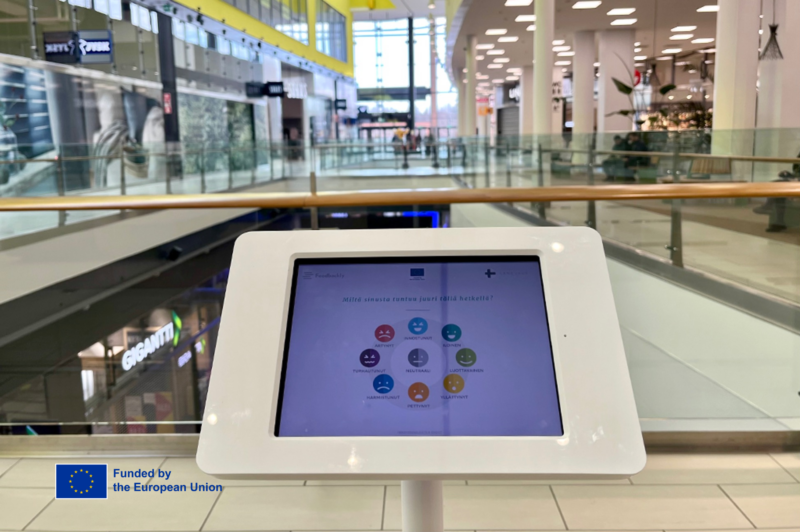Some of the most requested features from our users relate to managing statistics and adding more functionality to add statistical significance to their feedback data. Not only does this make your data more meaningful, it allows you to make more powerful business decisions (and be more confident in those decisions). Feedbackly is the only feedback tool that adapts to the skill level of the user, allowing you to go as deep into the data as you are comfortable doing.
What is question sampling?
Question sampling lets you set the probability (0-100%) that a question will be shown in your survey. This means that if you create a question and set the probability to 50%, there is a 50% chance that the question will be included in your survey to any given respondent. When the next respondent starts your survey, the dice is thrown again (so to speak), and once again there is a 50% chance that that particular question will be included in the survey. This operation repeats for every question in the survey, and you are free to set different probability levels for each individual question.

Applications of question sampling
Question sampling is useful in cases where organizations have a high volume of respondents and are interested in obtaining representative data for many specific questions without the risk of deterring respondents due to long surveys. So now you can create longer surveys while minimizing the risk of a user abandoning the survey without completing it.
One possible use case could be in situations where you have a high number of questions and need a representative sample for each one. Instead of showing a very long survey, you can get a sample of responses on certain questions. Perhaps you are a large bank that wants to know what customers think of your new online banking experience. You could make a long survey with 10-15 questions, set the probability of important questions to 100% (they will always be shown), and set the probability of less important questions to 20% (20% chance that they will be shown). This will give you a sample of 20% of your respondents for these questions (still enough data to be useful in higher volumes).
How to enable question sampling
For step-by-step instructions on how to use question sampling in your surveys, click the link below:



